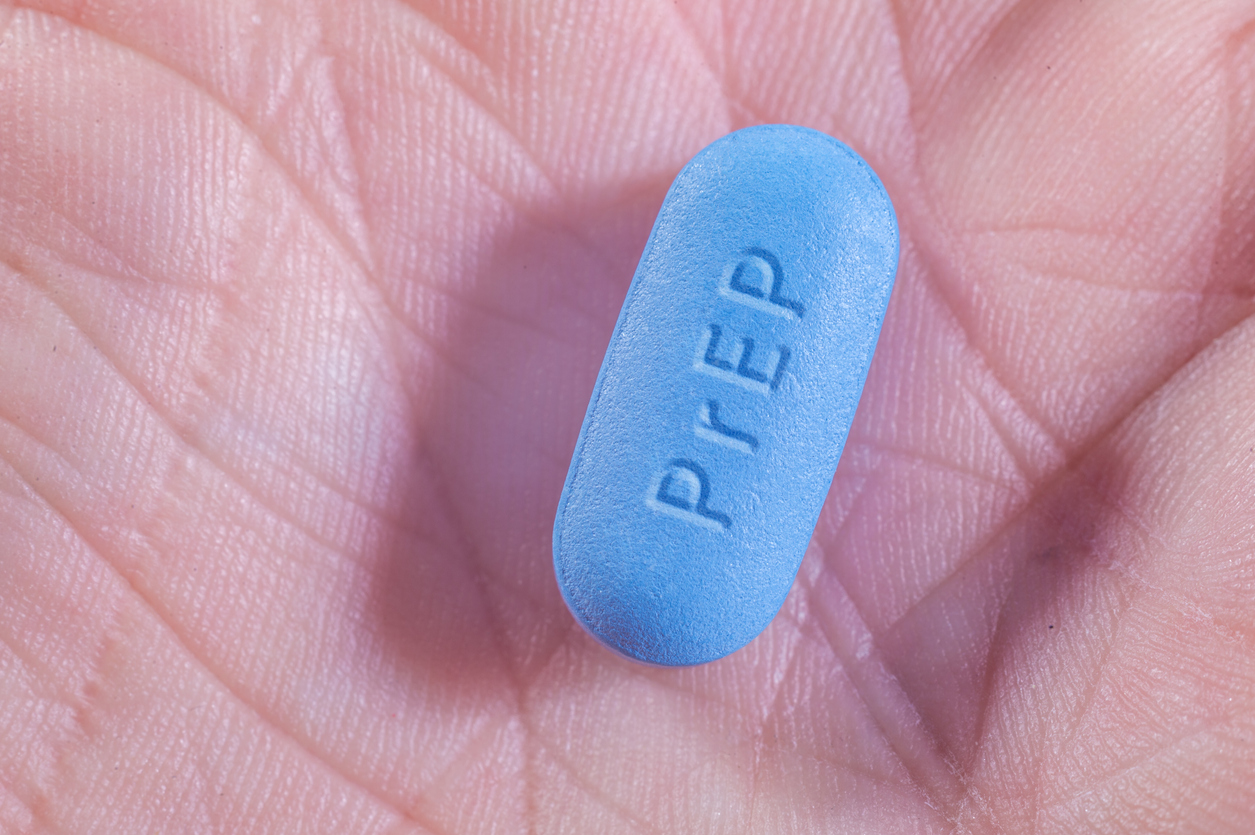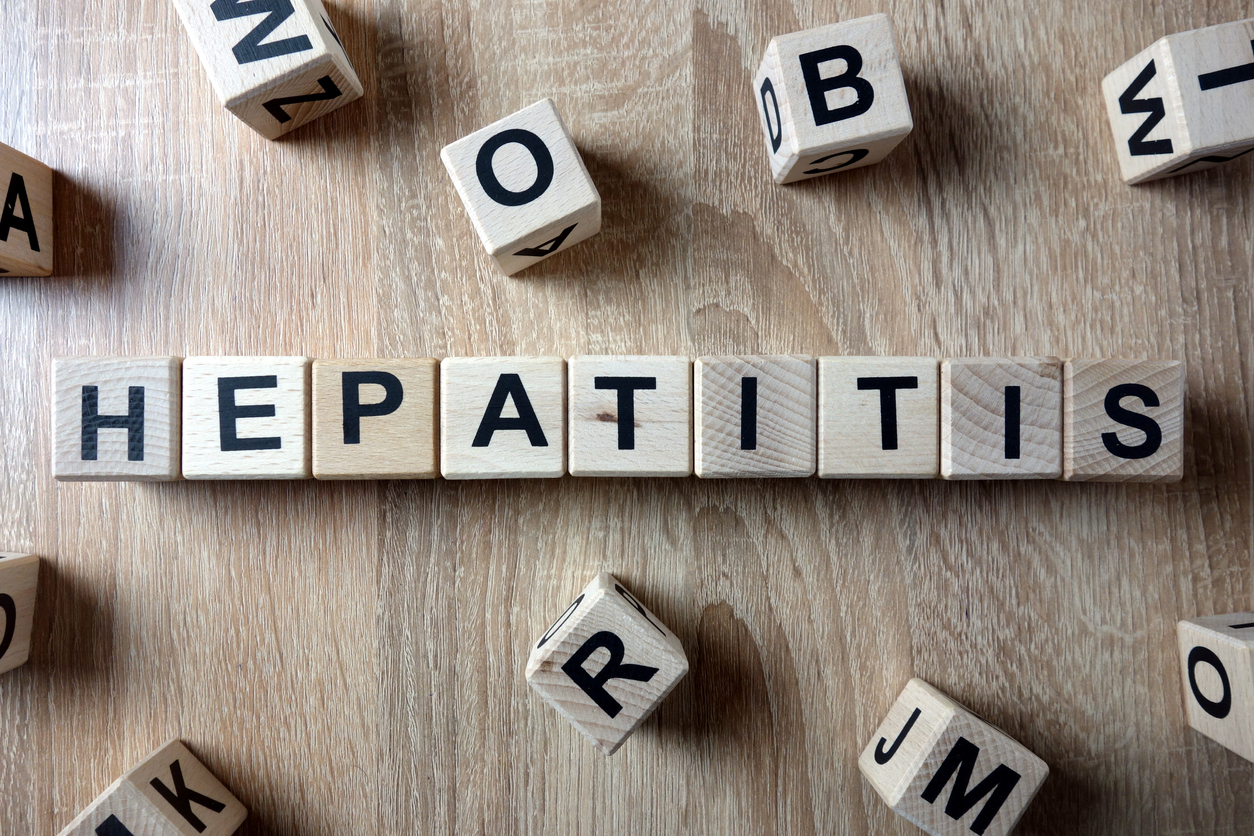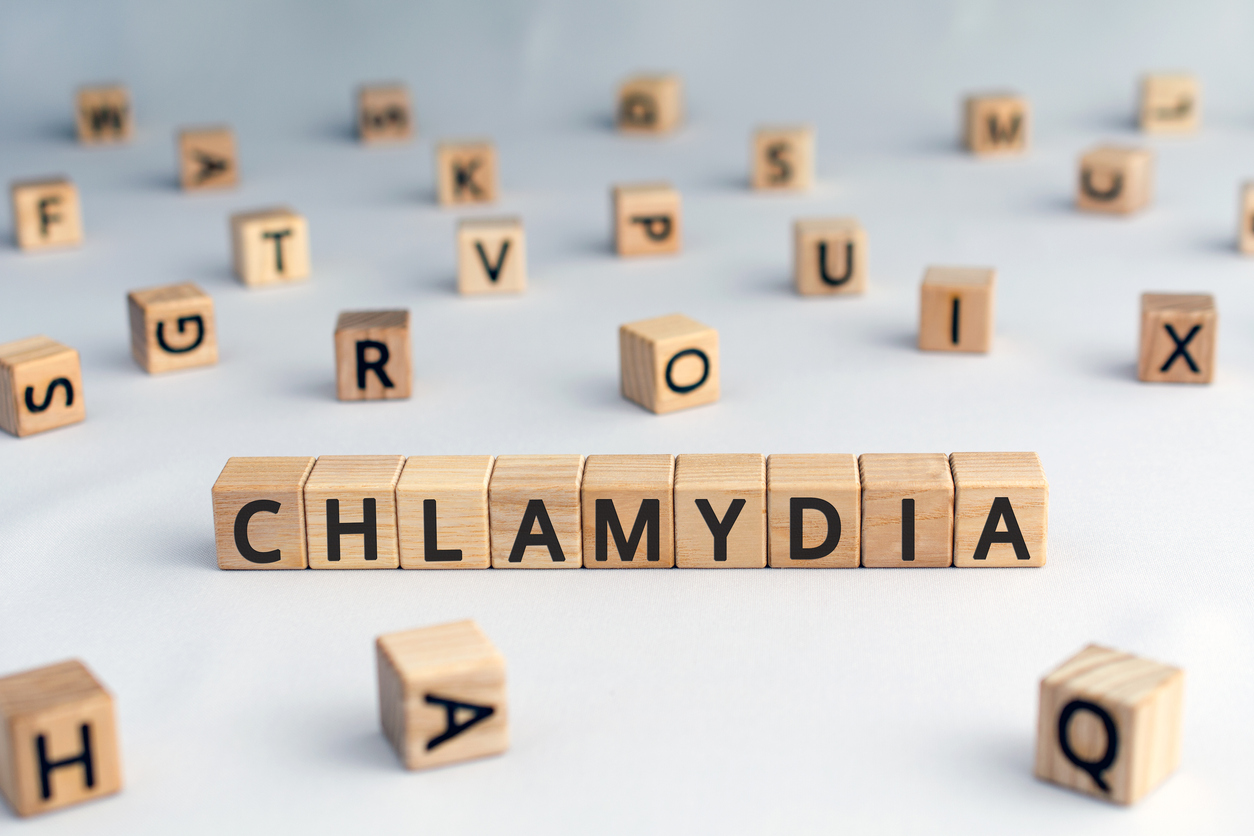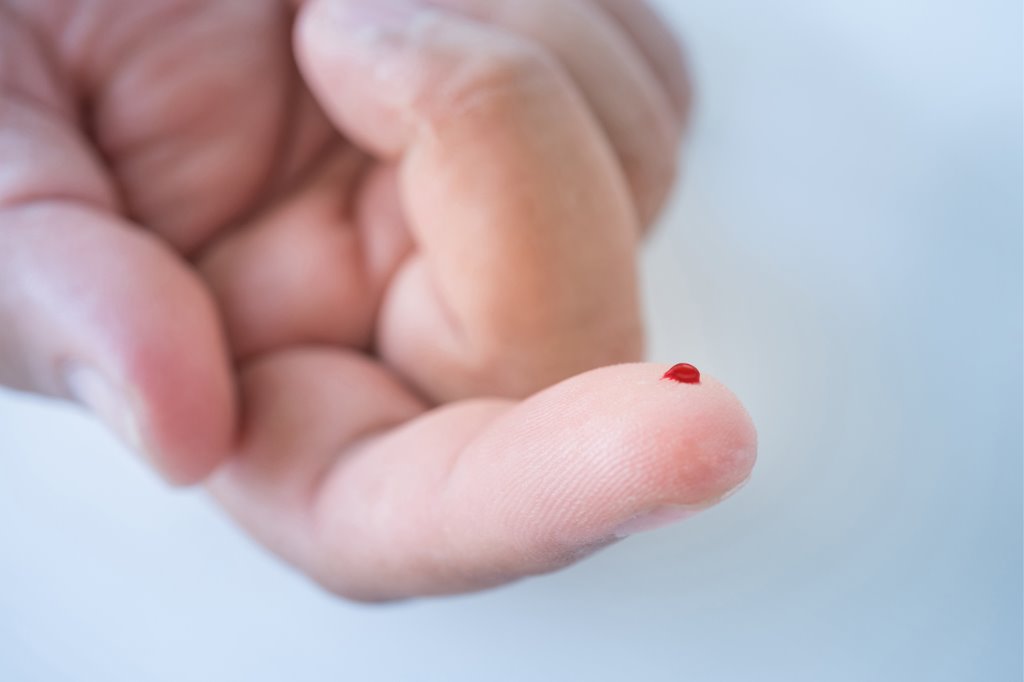
What is Hepatitis A?
Hepatitis A is a virus that infects the liver. It is also present in the blood and faeces (poo) of someone who has the infection. Hepatitis A is sometimes also known as Hep A and HAV. The virus causes a short but sometimes severe illness. Hepatitis A is uncommon in the UK. It is usually caught when travelling to areas of the world where it is more common. However outbreaks of sexually transmitted Hepatitis A do occur in the UK. Since 2017 there has been an ongoing outbreak amongst gay and bisexual men.

How is Hepatitis A passed on?
Hepatitis A is a very infectious virus. You can catch it even if you only encounter a small amount of it. The virus can be passed on by:
- Eating food or drinking water contaminated with faeces – this commonly affects people on holiday outside the UK
- Being in close contact, usually living with, an infected person
- Through oral or anal sex with an infected person – when small amounts of faeces get in to your mouth through rimming, fingering, and condomless sex
- Injecting with works that have been contaminated with an infected persons blood or faeces

What are the symptoms (signs) of Hepatitis A?
Hepatitis A symptoms vary a lot, from feeling nothing to being very unwell. Some people will experience symptoms around 4 weeks after infection such as:
- High temperature
- Flu-like symptoms
- Tiredness
- Loss of appetite
- Tummy (abdominal) pains
- Sickness (nausea)
- Yellowing of the skin and eyes (jaundice)
- Dark urine and pale faeces (poo)
- Itchy skin
Symptoms of Hepatitis A can come and go for up to a year in around 15% of people. Less than 1% of people (less than 1 in 100) are admitted to hospital with severe liver disease – however this can be fatal.
Signs of severe disease are:
- Sudden and severe vomiting
- Bruising and bleeding easily
- Problems with memory and concentration
- Drowsiness and confusion

Treatment for Hepatitis A
There are no current treatments against Hepatitis A. The immune system is able to clear the virus on its own. Most people get better from the virus by just taking it easy and managing symptoms. Things you can do to help the symptoms are:
- Rest
- Keep hydrated – drink plenty of water and avoid alcohol
- Eat small amounts regularly – this will help with the nausea
- Take painkillers such as paracetamol and ibuprofen – as advised by your doctor as you may need to take lower doses than normal
It’s also important to reduce the risk of passing the virus to others:
- Avoid sexual contact and going to work/school until a week after your symptoms have started
- Wash your hands thoroughly and regularly, especially after going to the toilet and when handling food and drink

How can I avoid getting Hepatitis A?
Hepatitis A is a common infection in other areas of the world, with around 1.4 million new infections each year. If you are travelling out of the UK check to see if you need Hepatitis A vaccination before you travel.
Whilst away you can reduce your risk by:
- Washing your hands regularly
- Avoid uncooked food that may have been washed in unclean water: eg. Fresh salad, fruit, vegetables, seafood
- Avoid drinking unclean water, including ice cubes – drink boiled or bottled water
There are also important things you can do within your sex life to reduce the chance of catching Hepatitis A. These are:
- Using condoms and dental dams for oral sex, especially rimming
- Changing condoms between oral and anal sex
- Washing your hands after sex
- Using condoms on sex toys, avoiding sharing them, and cleaning them after use
Public Health England also recommends that all men who have sex with other men (MSM) receive a vaccination against Hepatitis A. We offer free Hepatitis A vaccination to all at-risk MSM via our clinics.
If you inject or snort recreational drugs you can avoid getting Hepatitis A by not sharing drug taking equipment.

What should I do if I think I have Hepatitis A?
If you are experiencing symptoms of Hepatitis A, or are worried that you may have come into contact with someone who is infected, you should contact the NHS for advice. This could be NHS111, your GP’s surgery, or your nearest Devon Sexual Health clinic.
If you feel very unwell, especially with jaundice, then you should contact NHS111 and/or visit your local A+E department as soon as possible.




